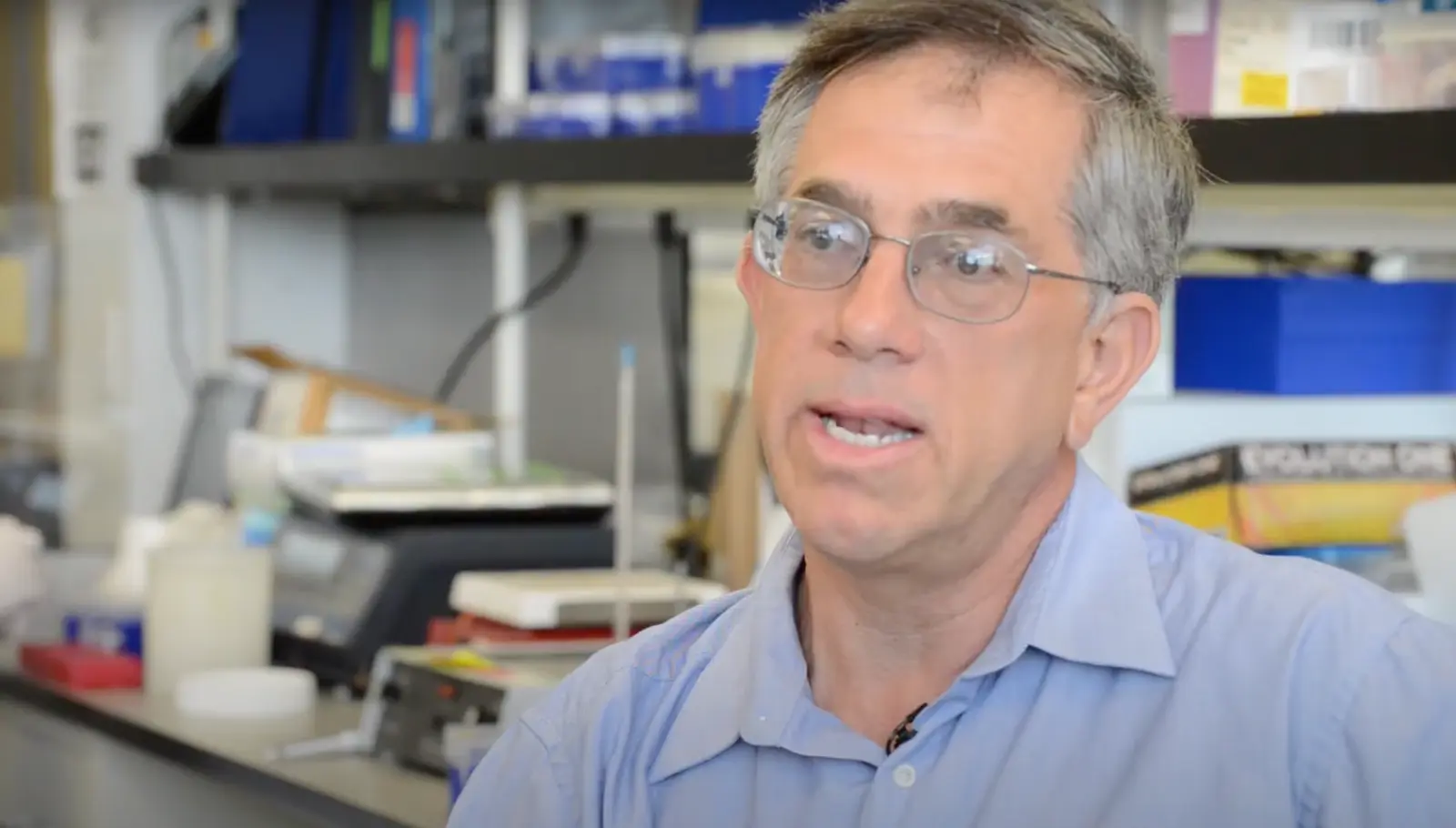Dr. Levine is Emeritus Professor at Sanford Burnham Prebys. Prior to that, he was a Professor in the Department of Pediatrics at the University of California, San Diego School of Medicine, where he continues to see children with inherited metabolic diseases. Dr. Levine received his undergraduate degree in biochemistry from Harvard and his MD and PhD degree in genetics from the University of Washington. His clinical training as a pediatric geneticist was at the Children’s Hospital of Philadelphia. Dr. Levine has been working in the field of cell transplantation therapies for diabetes and b-cell biology for more than fifteen years. His laboratory was the first to develop immortalized cell lines from the human endocrine pancreas as models of beta-cell growth and differentiation. He has made insights into cellular senescence in the endocrine pancreas, finding that b-cells undergo rapid senescence when stimulated to proliferate. Most recently, he and his co-workers demonstrated the existence of endocrine stem cells in the adult human pancreas. The laboratory continues to pursue the development of cell therapies for diabetes using a variety of approaches, including high throughput screening.
Education
1979-86: PhD, University of Washington (Genetics)
1979-86: MD, University of Washington
1975-79: A.B., Harvard University (Biochemistry)
Postgraduate Training
1989-91: Genetics Fellow, Dept. of Pediatrics, UCSD School of Medicine
1988-89: Clinical Genetics Fellow, Children’s Hosp. of Philadelphia
1987-89: Pediatric Resident, Children’s Hosp. of Philadelphia
1986-87: Pediatric Intern, Children’s Hosp. of Philadelphia
Other Appointments
Health Sciences Clinical Professor of Pediatrics, UCSD School of Medicine
Attending Physician, Rady Children’s Hospital

